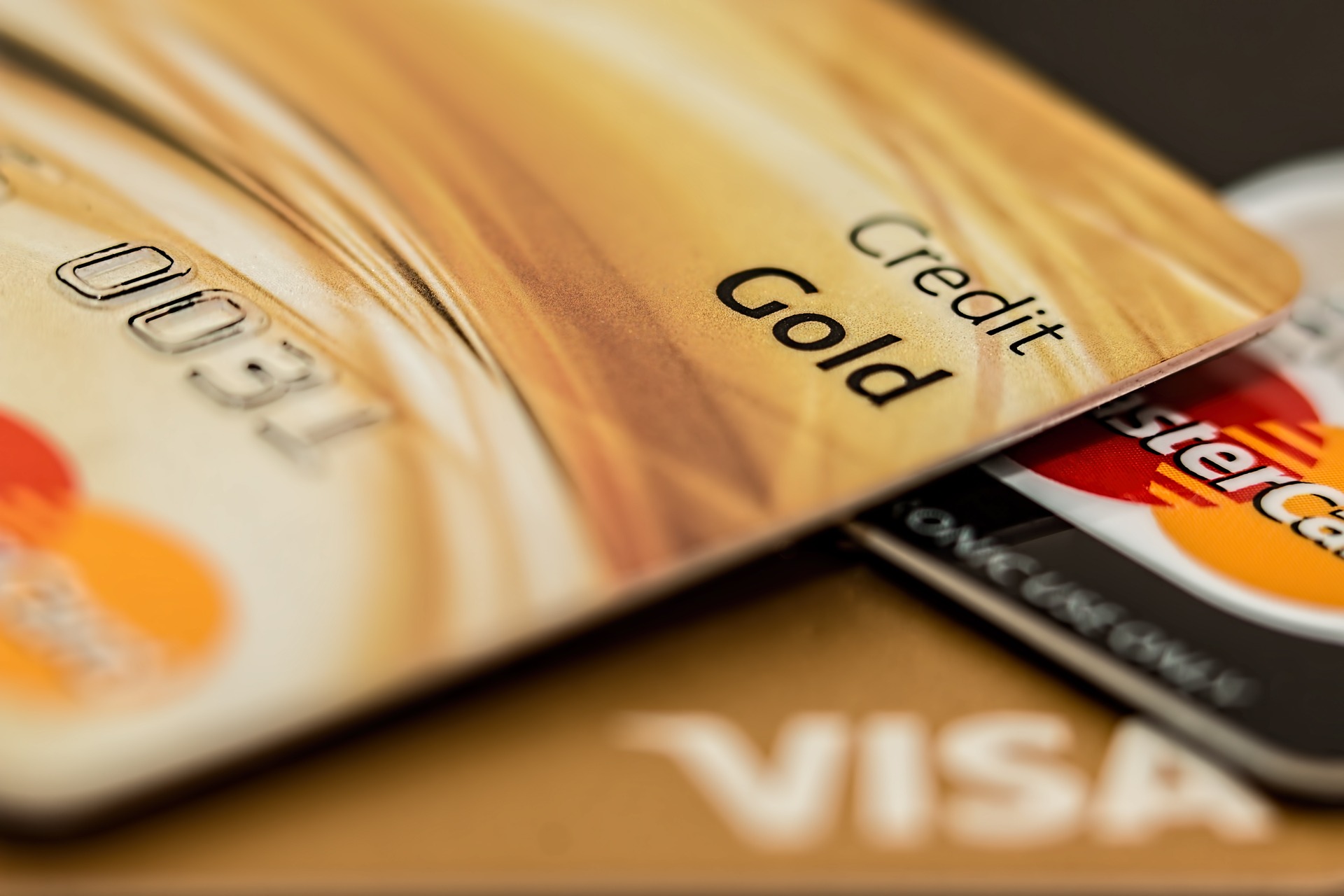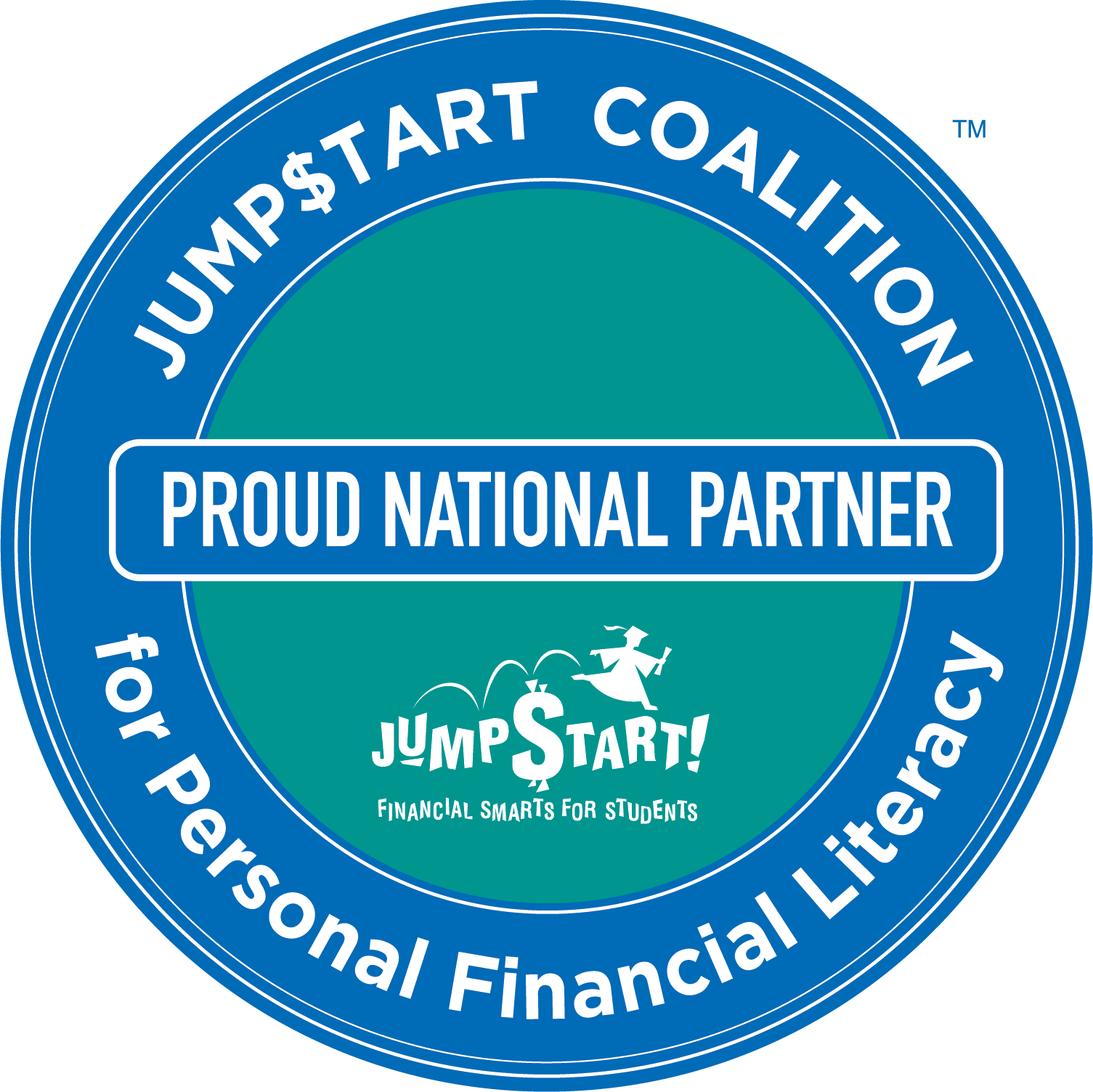The following is adapted from “Your Money Vehicle.”
You put in your application, got approved, and are now holding a brand-new credit card in your hand. Your first credit card. Congratulations!
Now what?
Before you start swiping, or perhaps before you even acquire a credit card, you must realize that it’s a very different tool than a debit card. To understand the difference, there are five questions you should ask about your new credit account, which may help protect you from making costly, avoidable mistakes.
Question #1: What is a grace period?
A grace period is the amount of time you have to pay off your balance in full before interest begins to accrue. This period starts on the first day of your billing cycle and ends on your payment’s due date. For example, if your balance is due on the first day of the month, you will not be charged interest until the day after.
Question #2: What is the APR?
The Annual Percentage Rate (APR) is the interest rate the credit card company will charge on a yearly basis. For example, if your APR is 17%, and you had a $100 balance for an entire year, you would be charged $17 (0.17 x $100). That doesn’t mean you will be charged the full APR every day that you carry a balance because the annual rate is broken down to a daily rate.
Your daily rate is the annual rate divided by 365. For example, 17% APR = 0.17/365 = 0.046% per day.
Question #3: What if I am paying the minimum amount due?
If you’re only paying the minimum amount due on your credit bill every month, you’re falling right into a credit trap. The credit card company wants you to believe that you are making the correct payment and tells you that you only need to repay 1-2%.
But ask yourself: who benefits from this payment amount? You, or them?
Paying only the minimum amount due will cause you to continue to pay the credit company interest over time, and potentially for years. Trying to pay off your credit by using the minimum amount due is like trying to bail out a sinking ship with a spoon.
For example, if you buy $3,000 worth of furniture and are only paying the minimum amount due of $60 per month, you are carrying a balance. You will end up paying around $400 in interest during the first year alone, and you will still be charged interest on a balance of around $2,700!
Put simply, if you are paying off the minimum amount, you are going to lose a lot of money; paying large chunks off is better if you can manage, but you’re still losing money. There is no better investment than to get out of credit card debt as fast as you can!
Question #4: Is Visa or Mastercard my credit card company?
No. Those companies are the form of payment you are choosing to use. The credit card company is a third party, and could even be your bank! The credit card company will be listed on your card, and common ones include Bank of America, Capital One, Chase, and Wells Fargo. Be aware that most are traditional banks as well.
It’s important to know which companies you’re dealing with, so you know where to reach out for help or to ask questions.
Question #5: What do I need to avoid with my first credit card?
- For your first card, you should avoid one with any type of annual fee. Also, be on the lookout for gimmicks, as some cards waive the fee upon signing up, but will begin to charge it after a few months.
- Avoid a “cash advance” at all costs. A cash advance allows you to withdraw cash from your credit limit. But when you do so, you accrue interest immediately – without a grace period, like we discussed above. And the interest rate will be even higher than your APR!
- Never get charged-off, which refers to missing payments for six months. This will negatively impact not only your cash flow, but also your credit score.
- Regardless of your credit limit, you should try to only use a maximum of 30%. Meaning that if you have a credit limit of $1,000, you should only use $300. This will positively impact your credit score.
Know your credit card
The answers to these five questions will start you off with the basics you need to know about your new credit card. Next, you should learn the details of your specific account. When you understand the rules, limits, and fees that apply to your card, you can avoid making mistakes that will cost you, and you can instead enjoy the rewards of a credit card with fewer risks.
Like what you see? Get more content sent directly to your inbox! Sign up for the Money Vehicle Movement Newsletter!
More from Money Vehicle:









